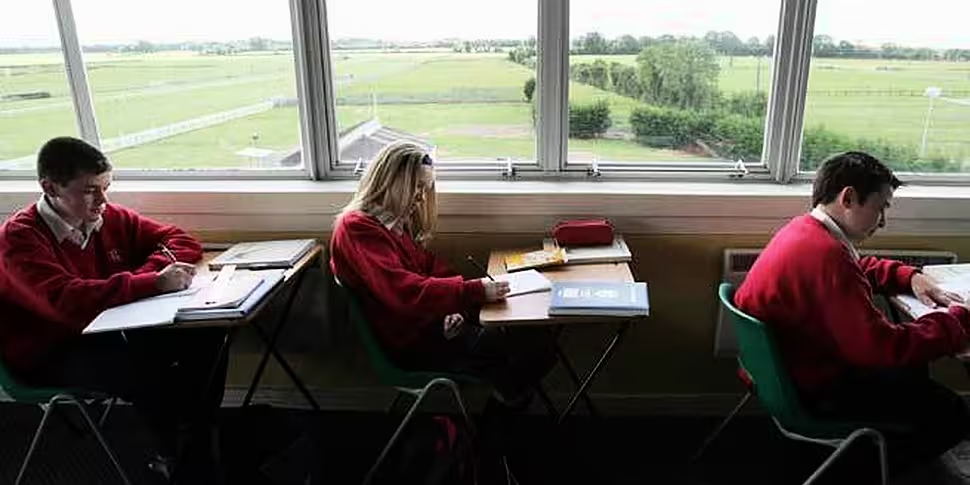The ESRI is calling for a "sea change" in the way secondary schools teach after a study it carried out found that many school-leavers feel underprepared for the demands of third-level and the labour market.
The think-tank says there needs to be a renewed focus on project work and meeting deadlines, instead of the "teacher-directed" learning of the Junior and Leaving Cert.
Over 90% of higher education students surveyed said their learning experience was "Very Different" to school, with a majority of higher-education students saying they feel school didn't prepare them enough for the experience.
Different standards, workloads and course difficulties are highlighted as some of the key difficulties students face when they transition to third-level, as well as the change from directive learning in school to self-directed in further education.
The report also says that a young person's experiences in school are likely to affect their decision on whether they continue to third level. They found that "young people who had more positive interactions with their teachers were more likely to stay on in education after leaving school".
The 'social mix' of a school is also said to have a strong influence on the decision to continue education or training.
Report author Emer Smyth says significant change is needed, and the planned junior cycle reform is the first step towards that:









